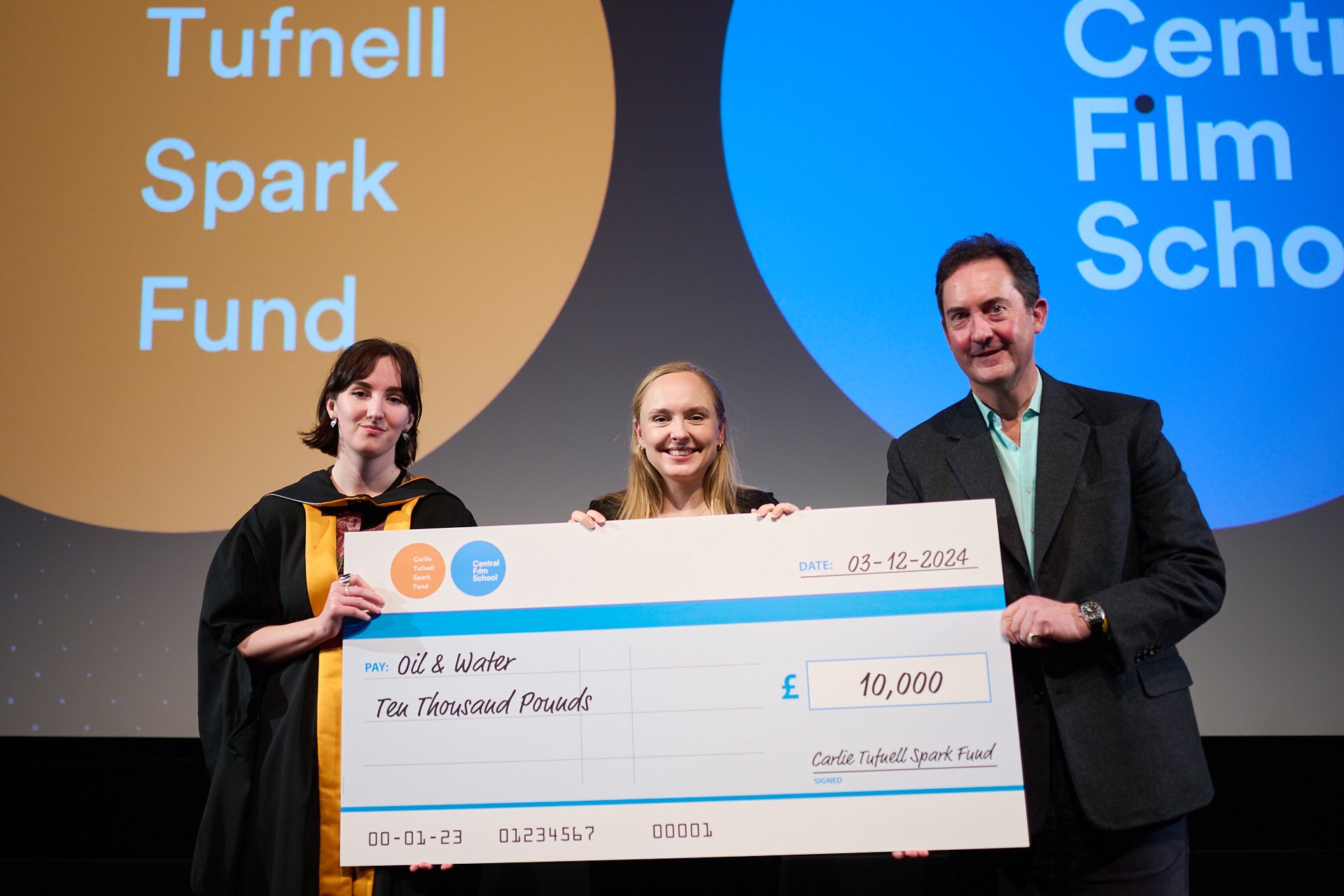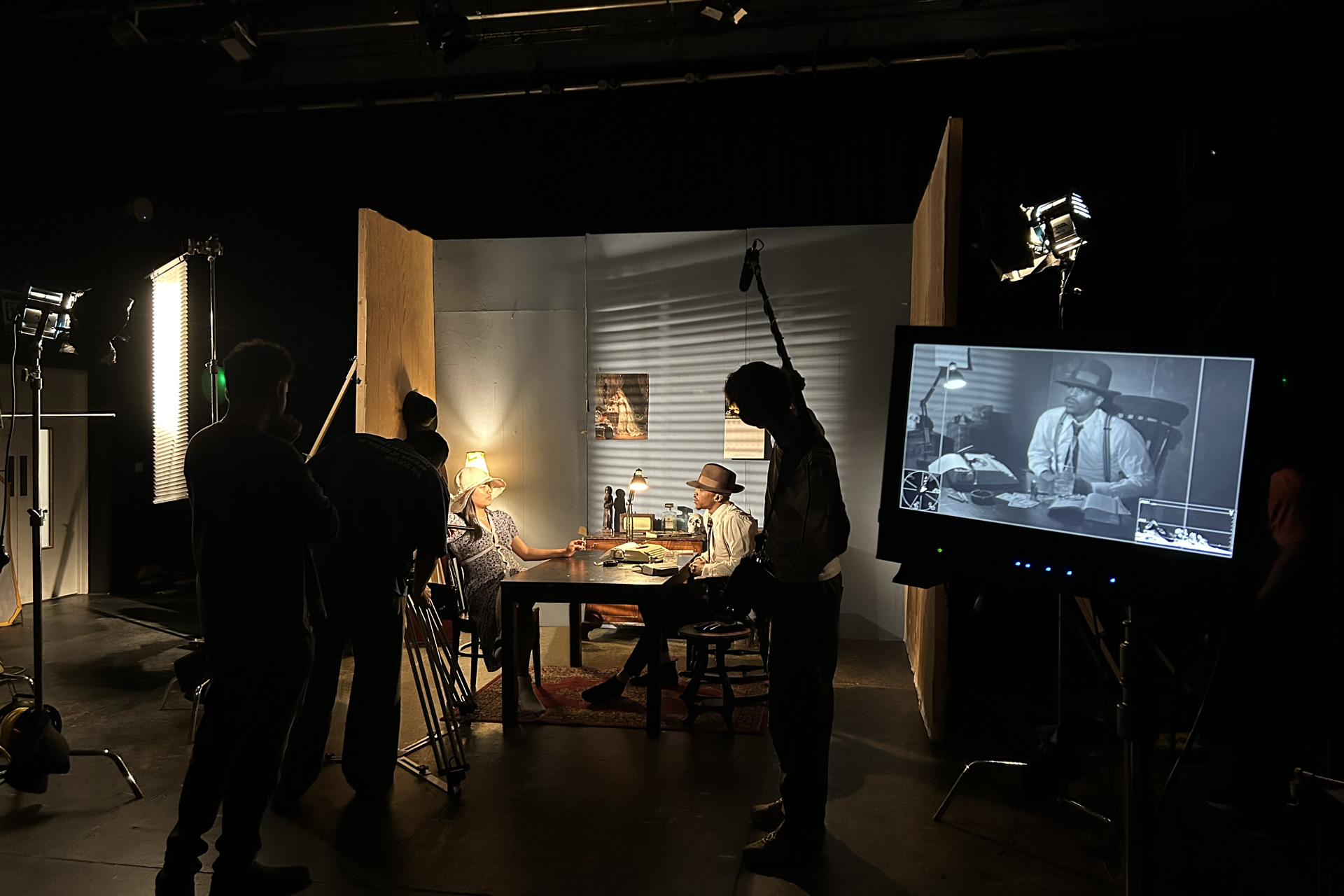Programme Overview
This course provides you with a comprehensive two-year accelerated degree programme to prepare you for a thriving career in the screen industries.
Discover and refine your own performance style and voice through a blend of classic and original scripts.
-
Train with industry professionals – develop acting technique through voice, movement, textual analysis, and collaboration.
-
Work across screen media – build practical experience in ADR, motion capture, animation, and voice-over alongside live-action performance.
-
Graduate showcase & industry preparation – leave with a polished showreel and perform in a final industry showcase to launch your career.
This comprehensive two-year accelerated degree programme equips you with the skills, insight, and versatility needed to bring characters to life across film, television, and emerging media.
Guided by experienced industry professionals, you’ll learn textual analysis, physical expression, voice, and collaboration skills.
You’ll work with filmmakers, screenwriters, and fellow creatives on projects designed to reflect professional industry practice, all while gaining experience in areas such as ADR, motion capture, animation, and voice-over.
The course also prepares you for the professional landscape of acting, with dedicated training in audition and interview skills, as well as guidance on producing a high quality showreel.
In your final major project, you’ll perform in a short screen production, showcased to industry guests as part of your own actor’s showcase. By graduation, you’ll leave with the craft, and confidence to pursue a wide range of professional opportunities.
- 112 UCAS points for September 2026 intake.
- Students not from a Majority English Speaking country will need IELTS 6.0 overall (no less than 5.5 in any band) or equivalent.
- All applicants must submit a creative work sample and personal statement with their application. This creative work sample should consist of a recorded contemporary monologue (1 minute in length).
- Applicants for this course will be invited to attend an interview.
- If you are an international student and unsure of your eligibility please contact us on courses@centralfilmschool.com.
Understanding the costs and financing options open to you as you plan your studies will help you to make a wise investment in your future career.
| Home | International | |
| Year 1 | £11,130 | £23,950 |
| Year 2 | £11,130 | £23,950 |
Select a heading to view more details.
“Studying at Central Film School has really prepared me to work in the film industry through the experience of being in front of the camera, being on a set, working with the filmmakers and understanding the characteristics of being on a set."
Robyn Marriott
BA Acting for Screen, 2025

Progression
Graduates of this programme are well-positioned to embark on successful careers as actors within the screen industries. With a solid foundation in screen performance, they leave with the technical skills, creative discipline, and professional training required to thrive in a highly competitive field.
Our programme also prepares students to explore different acting specialisations, including radio, performance capture, presenting and voice-over work
The course also provides scope to pursue a wide range of acting specialisations beyond traditional screen roles. Graduates gain transferable expertise that can be applied to radio, performance capture, presenting, and voice-over work, as well as emerging opportunities in interactive and immersive media.
Alumni Stories
Hear the motivating journeys of previous alumni, and how Central Film School has given them the necessary skills to step into the screen industries with confidence.

Have a question?
If you’d like to know more about our courses, or have any other questions, please fill in the form and a member of our Student Recruitment & Admissions Team will get back to you shortly.


